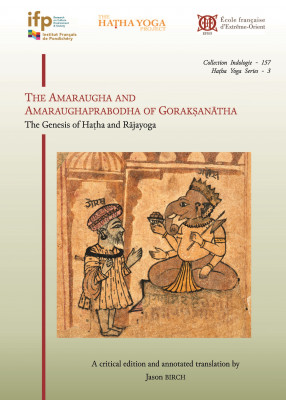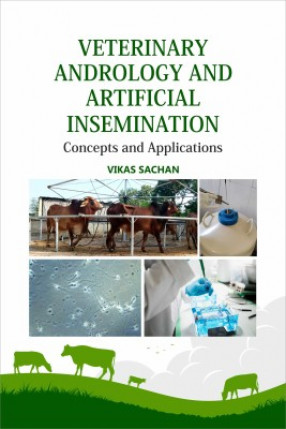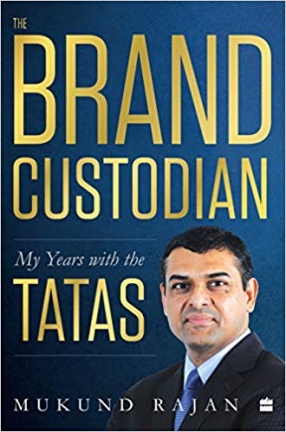FREE & QUICK WORLDWIDE SHIPPING ON $60+
TAKE 10% OFF YOUR ORDER | USE CODE: TAKE10

Book details
-
 x+366p.; x+367-760p., Plates; 25cm.
x+366p.; x+367-760p., Plates; 25cm.
-
 Hardcover
Hardcover
-
 English language
English language
-
 Anmol Publications Pvt. Ltd.
Anmol Publications Pvt. Ltd.
-
 01.01.2003
01.01.2003
-
 ISBN 10:
8126114886
ISBN 10:
8126114886
Related categories
Globalisation: Development Paradigms and Beyond Development (In 2 Vols.)
Synopsis
The developing and underdeveloped countries are a very mixed collection of countries. They differ widely in area, population density, and natural resources. They are also at different stages in the development of market and financial institutions and of an effective administrative framework. These differences are sufficient to warn against wide-sweeping generalizations about the causes of underdevelopment and all-embracing theoretical models of economic development. But when development economics first came into prominence in the 1950s, there were powerful intellectual and political forces propelling the subject toward such general theoretical models of development and underdevelopment. First, many writers who popularized the subject were frankly motivated by a desire to persuade the developed countries to give more economic aid to the underdeveloped countries, on grounds ranging from humanitarian considerations of cold-war strategy. Second, there was the reaction of the newly independent underdeveloped countries against their past†colonial economic pattern,†which they identified with free trade and primary production for the export market. These countries were eager to accept general theories of economic development that provided a rationalization for their deep-seated desire for rapid industrialization. Third, there was a parallel reaction, at the academic level, against older economic theory, with its emphasis on the efficient allocation of scarce resources and a striving after new and “dynamic†approaches to economic development. All of these forces combined to produce a crop of theoretical approaches that soon developed into a fairly fixed orthodoxy with its characteristic emphasis on “crash†programs of investment in both material and human capital, on domestic industrialization, and on government economic planning as the standard Ingredients of development policy. These new theories have continued to have a considerable influence on the conventional wisdom in development economics, although in retrospect most of them have turned out to be partial theories. A broad survey of these theories, under three main heads, is given below. It is particularly relevant to the debate over whether the underdeveloped countries should seek economic development through domestic industrialization or through international trade.
-10%
Item available. Ships in 2-4 days.




















